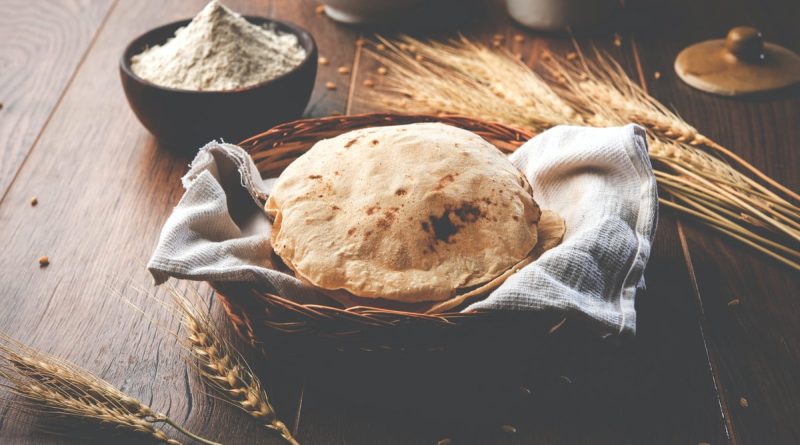How Would Indian Meals Change If Roti Disappeared?
The Importance of Roti in Our Daily Lives
Imagine a world without roti – the soft, golden-brown Indian flatbread that completes our meals. It is a staple in Indian cuisine, providing comfort, culture, and nourishment to millions across the globe. Roti is not just a simple bread; it is a symbol of tradition, health, and versatility.
How Losing Roti Would Disrupt Meals
Without roti, our mealtime rituals would be thrown into chaos. Families would struggle to find alternatives to scoop up their favorite curries and sabzis. The absence of roti would leave a void on our dinner tables, forcing us to rethink our eating habits and preferences.
The Disappearance of Parathas Without Roti
One of the most beloved variations of roti is the paratha – a buttery, flaky delight that is a favorite for many. Without roti as its base, paratha would cease to exist, leaving a void in our culinary experiences. The absence of parathas would be a loss for those who enjoy indulging in this rich and satisfying treat.
Would Rice Be A Good Enough Replacement?
In a world without roti, rice would become the primary carbohydrate source in our diets. While rice is a versatile and nutritious grain, it cannot replace the unique texture and flavor of roti. The absence of roti would change the way we enjoy our meals, leading to a shift in our eating habits and preferences.
The Nutritional Value and Health Benefits of Roti
Roti is not just a tasty flatbread; it also provides essential nutrients that are crucial for our health and well-being. Made with whole wheat, roti is a good source of fiber, protein, and slow-digesting carbohydrates that keep us full and energized throughout the day. Without roti, we would miss out on these key nutrients that are vital for our overall health.
How A Roti-Free World Would Change Our Diets
Losing roti would not only impact what is on our plates but also the cultural and emotional significance that this humble flatbread holds. It is a symbol of tradition and connection, bringing families together around the dinner table. While we may find alternatives to replace roti, it would never be the same as having a warm, fluffy roti to complete our meals.
In conclusion, roti is more than just a bread; it is a symbol of tradition, health, and nourishment. Its absence would be deeply felt in our daily lives, forcing us to adapt to a new culinary landscape. While we may find ways to cope without roti, its loss would leave a void in our hearts and on our dinner tables.

